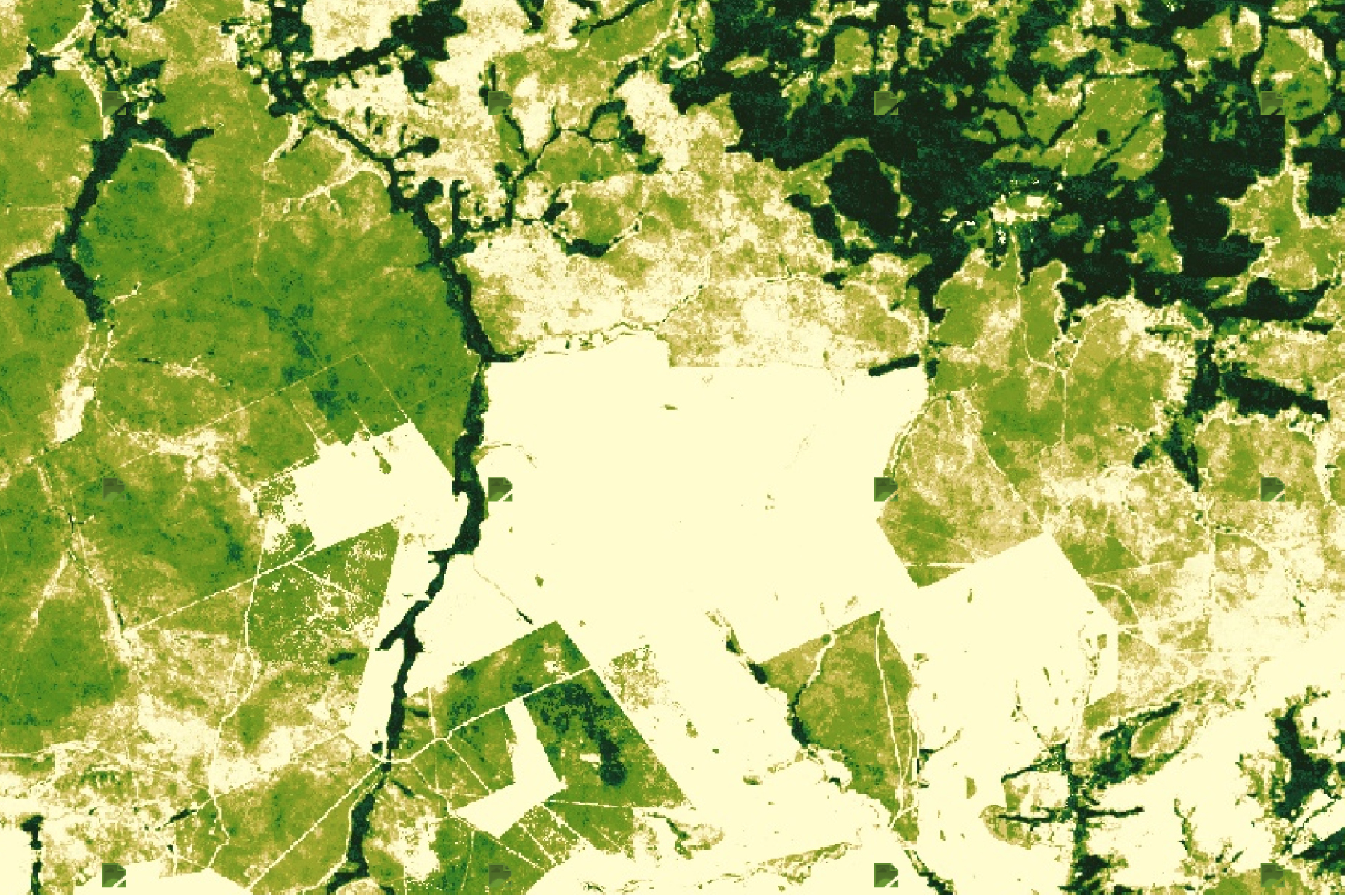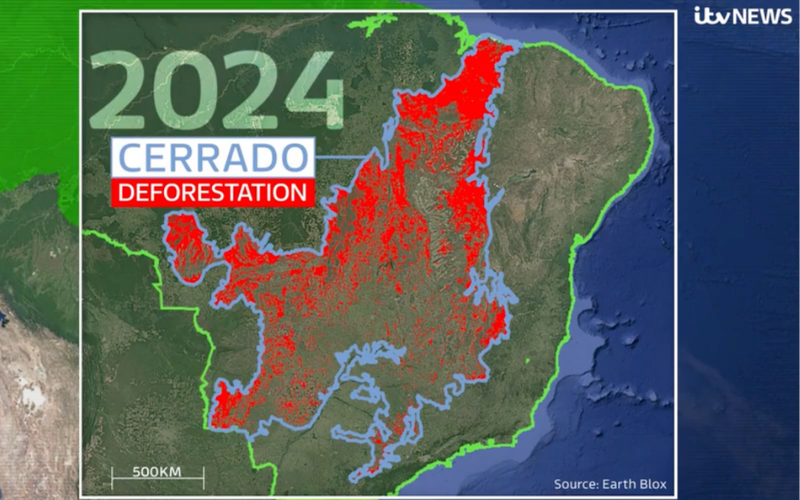The S&P Global Carbon Markets Conference in Paris last week brought together industry leaders, policymakers, and experts to discuss the critical issues shaping the future of carbon markets. The event highlighted three key themes that will continue dominating the conversation in the coming months: regulation and compliance, building trust and credibility, and integrating biodiversity.
Regulation and compliance: A call for standardisation
As carbon markets mature and expand, the need for standardisation across jurisdictions becomes increasingly evident. Participants expressed a desire for a level playing field, similar to that of the commodities market, to ensure market stability and transparency. However, achieving standardisation poses challenges due to differing methodologies and regulatory frameworks.
Voluntary carbon markets (VCMs) were identified as a potential area for greater regulation, driven by concerns over reputational risks. With the increasing demand for high-quality carbon credits, VCMs face the pressure to demonstrate credibility and ensure the integrity of their credits. Robust regulation coupled with blockchain ledger technology was proposed as a potential solution for enhancing transparency and traceability in carbon markets.
The operationalisation of Article 6.4 credits under the Paris Agreement, a new framework for a global carbon market on the agenda at COP 28 next month, is also expected to impact the landscape significantly. Participants discussed the potential implications of these credits and the need for clear guidelines to ensure their effective integration into the market.
The CORSIA (Carbon Offsetting and Reduction Scheme for International Aviation) framework was identified as one of the most rigorous due diligence processes that could be adopted outside the airline industry. Only time will tell which framework will emerge as the standard.
Building trust and credibility: A focus on professionalism and transparency
The need to foster trust and credibility in carbon markets was a recurring theme throughout the conference. Participants emphasised the importance of professionalising the industry through wider education initiatives, enhancing transparency, and strengthening auditing and compliance measures.
Access to objective, reliable and accessible data, such as satellite data, was highlighted as crucial for ensuring the quality of carbon credits in Nature Based Solutions (NbS) projects. Retrospective reconciliation and continuous improvement processes were advocated to maintain data integrity regardless of the market impact — a promising step towards building greater credibility.
Biodiversity: Integrating ecological and human considerations into carbon markets
The conference highlighted the growing recognition of the interconnectedness between carbon markets and biodiversity conservation efforts. Participants discussed the need for biodiversity regulation to prevent the exploitation of biodiversity credits for financial gain.
Finance was identified as a critical driver in establishing biodiversity markets, leveraging the expertise and regulatory framework of the financial sector to ensure the integrity and effectiveness of these markets.
An aspect of a financially regulated carbon market that could have a negative impact is the exclusion of human impacts through trading. Missing the importance of indigenous and environmentally focused peoples through the creation of carbon credits as an asset is a real issue. This concern was raised by many keen to ensure we remember the importance of those who live on and near the land in question.
Where next?
As carbon markets evolve towards compliance, integrity, and professionalism, access to data emerges as the common thread weaving through these themes. Whether addressing upskilling, international standardisation, or professionalisation, data is central to ensuring the credibility and success of carbon markets in a maturing global landscape. More so, access to data in a way that allows for easily digestible outputs to be published will see a levelling of the playing field that is the carbon market.
Stephen Wright is Head of Sales at Earth Blox. He works with sustainability teams and investors into nature-based solutions, setting them up to accelerate ESG reporting and sustainability initiatives with climate and nature insights from Earth Blox. Stephen has over ten years of international experience scaling customer-focused commercial teams in SaaS, finance, and manufacturing and has advised on sustainability initiatives across private energy and local government. He is passionate about scaling climate action through technology.


.png)
